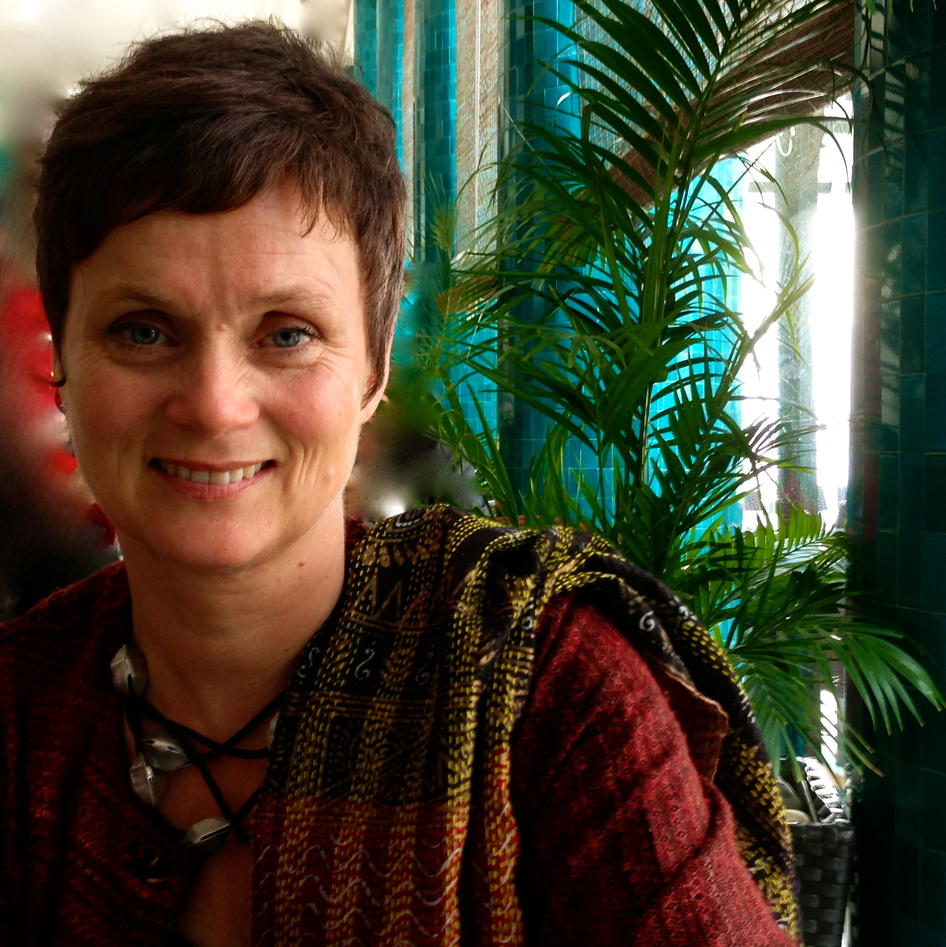A focus on governance
This year the Bergen Summer Research School will gather PhD candidates from all disciplines and all parts of the world to focus on Governance to Meet Global Development Challenges.

Main content
Focus this summer will be on ‘Governance to Meet Global Development Challenges’. This is the seventh year of Bergen Summer Research School for PhD candidates from all disciplines. Past topics have been linked to specific global challenges such as climate change, health, poverty, cultural values, migration, and most recently, food.
Students as well as teachers, come from all over the world. Scientific input from both north and south is of great importance for the University of Bergen which has global and development-related research as one of its two priority areas.
‘Governance’ involves rules and regulations, how they are practiced, and for the benefit of whom. The biggest governance challenges encompass were power is concentrated, who has the power to shape the rules of the game, and what interests that count.
"This year we want to highlight that none of the major development challenges can be solved without developing better institutions for governing society and the use of scarce resources - globally, nationally and locally - so that basic needs can be met, also in the future," says Chair of the Scientific Committee for this year's summer school and Professor at the Department of Comparative Politics, Siri Gloppen.
The Summer Research School takes place over two intense weeks in late June - early July and combines specialized doctoral courses with broader open lectures. The deadline for applications is February 15th. More information and application forms are available on the Summer School's own website.
Inspiration and knowledge
"Bergen is a wonderful city, especially in the summer, but the main reason to attend the Summer School is that it provides a unique opportunity to gain new, interdisciplinary insights into key global challenges - not to mention inspiration and knowledge to help solve them," says Gloppen.
This summer, PhD candidates can choose between six courses. ‘Differentiated Citizenship’ will focus on challenges associated with the growing number of the world’s population situated beyond the home state's borders. ‘Studying Governance from Above and Below’ address challenges to the prevailing development policy models, including from the global South. ‘Governance for Global Health ’, ‘Climate Change Governance and ‘Marine Governance’ are all based on the need to bridge the gaps between research and policy – and between different forms of knowledge.
Complex issues arise when these challenges must be dealt with in the intersection between the natural sciences, humanities and social sciences. These issues are the subjects of several of the courses.
"A major challenge here is how to deal with the uncertainties that are inherent to research findings, especially when the object of investigation represent something radically new, which is typical of the major global challenges facing the world today. How do we account for - and communicate this uncertainty without undermining the sound knowledge that science can contribute?" asks Gloppen.
More than politics
On one level ‘governance’ is about politics, in the sense that it determines “who gets what, when and how”. This involves political institutions and decision-making processes and depend on the underlying power structures that make them functioning as they do.
“But ‘governance’ is also about norms and what we perceive as right and just. And it is about the law and how different regulatory regimes impact the processes of nature they seek to regulate. It concerns how regimes are received in different cultural, social and economic contexts, how we understand these processes, and how they are communicated. This raises questions involving the natural- as well as the social sciences and the humanities,” explains Gloppen.
Interdisciplinary
The Summer School focuses on challenges that are inherently interdisciplinary. It is therefore crucial with contributions from all relevant disciplines. All faculties at the University of Bergen, along with researchers from the Chr. Michelsen Institute, the Uni Rokkan Centre and the Bjerknes Centre for Climate Research will contribute at this year’s Summer School, along with scholars from other parts of the country and the world.
The course on ‘Climate Change Governance‘ is an example of how interdisciplinary the courses may be.
“In this course students will learn about the science of climate change and its consequences for the physical life on the planet. They will get an overview of the research on the social impacts of climate change, and political science research on how policy is shaped in the face of these challenges and which institutions that provide the best climate policy,” says Gloppen.
“We will also look at legal research on international climate conventions, multidisciplinary research that measures people's attitudes to climate change and that seeks to understand how public opinion is formed. It also features media and linguistic research on how climate science is communicated, and philosophical research on climate justice,” she continues enthusiastically.
Open events
The plenary events are central to the Summer School. At these events, which are open to the public, international experts provide insight into the various themes of the courses.
In addition to these keynote lectures, there will be panel discussions on issues of global governance that fall outside of the courses such as corruption and natural resource management. The Summer School also collaborates with the UNDP Oslo Governance Centre on a plenary session about the new Millennium Development Goals.
One of the most prolifiled speakers confirmed so far is the UN Special Rapporteur on the right to food, Olivier De Shutter. He picks up the thread from last year's theme in his lecture on global challenges related to food. Rafto laureate Nnimmo Bassey, the profiled and charismatic climate activist, poet and architect from Nigeria, will hold a plenary lecture on climate change and climate justice.
For those of you who use Twitter or other social media, the official hashtag for the Bergen Summer Research School 2014 is #bsrs2014.
